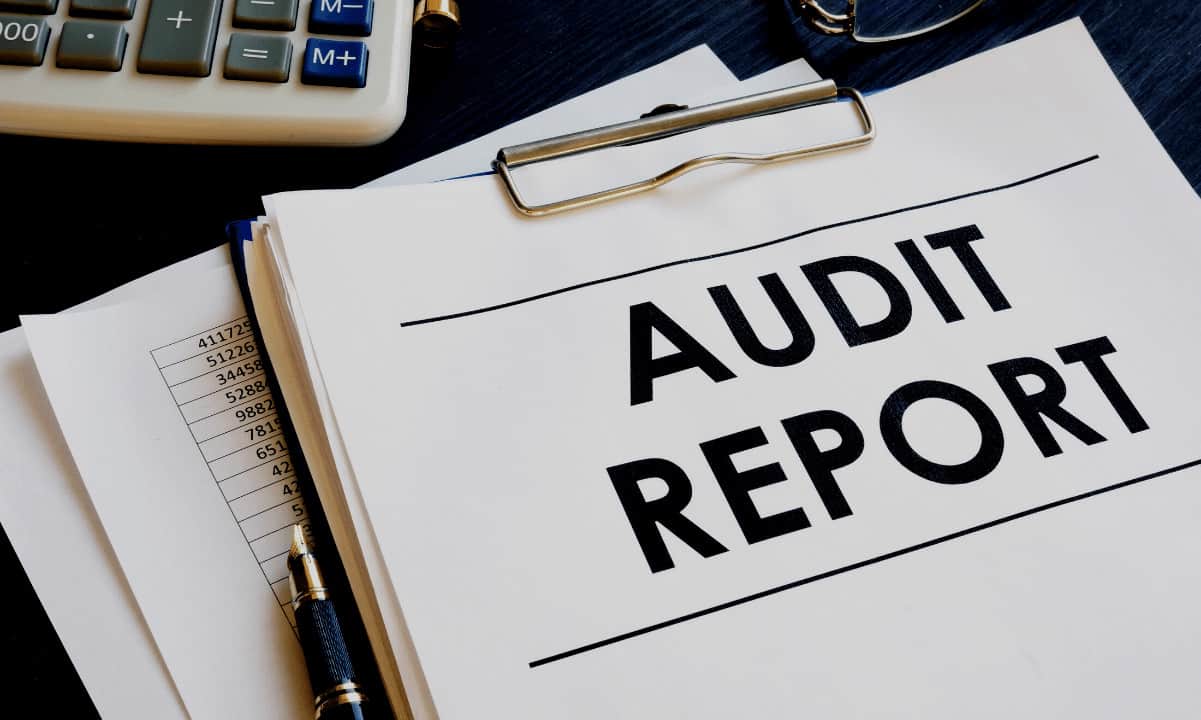[ad_1]

Sam Bankman-Fried has single-handedly managed to push prices higher for professional bookkeeping services in addition to incurring the wrath of global regulators.
The collapse of FTX and the work that auditors did on his books have raised red flags among firms that have crypto companies as clients.
According to the Financial Times, several firms have elevated their crypto clients to “high risk,” and some have stopped dealing with digital asset companies. Auditing will now take longer and cost more as accounting rules are harder to apply to crypto.
Additionally, regulators are now casting an eagle eye over the books and are eager to jump on crypto companies following two major meltdowns this year.
High-Risk High-Cost
Jeffrey Weiner, chief executive of Marcum, said that when a client is a high risk, “you significantly expand the scope of the audit, and that translates into needing more resources and more time.” Marcum audits clients such as Bitcoin mining firms and digital asset investment groups.
He continued to point out that firms now need to check “systems, controls, the existence of assets, segregation of funds and, of course, given FTX, there will be extra scrutiny of related-party transactions,” adding that this is all extra work.
FTX has set precedence for bad bookkeeping, as acknowledged by SBF himself. The problem has not been with crypto, it has been with people and accounting, as pointed out by Blockchain Association lawyer Jake Chervinsky.
FTX wasn’t a crypto problem, it was a criminal problem.
A tale as old as time: a con man tricks unsuspecting victims into giving him their money under the guise of his high morals and trustworthy character, and then runs off with the funds.
This has nothing to do with crypto.
— Jake Chervinsky (@jchervinsky) November 29, 2022
The newly appointed FTX CEO John Ray, who is also an attorney and insolvency professional, said he had never seen “such a complete failure of corporate controls and such a complete absence of trustworthy financial information.”
It has been revealed that FTX had “unqualified audits” from small firms such as Prager Metis and Armanino.
Auditors are now in a panic as the end of the U.S. financial year approaches. Furthermore, the “Big Four” – PwC, Deloitte, KPMG, and EY – have a bigger arsenal of resources to pull for crypto firms. They also charge a lot more than the smaller auditors.
Auditors: Know Your Customers
In August, U.S. audit regulator the Public Company Accounting Oversight Board issued a bulleting specifically relating to crypto companies. “What is the auditor’s understanding of the financial reporting implications of the company’s activities related to digital assets?” it asked.
Many are now relieved that they don’t deal with crypto companies, and those that do will be hiking their prices due to the risks involved and extra work. As with most things, these price hikes are likely to be passed down the chain to the customer.
Binance Free $100 (Exclusive): Use this link to register and receive $100 free and 10% off fees on Binance Futures first month (terms).
PrimeXBT Special Offer: Use this link to register & enter POTATO50 code to receive up to $7,000 on your deposits.
[ad_2]
Source link
